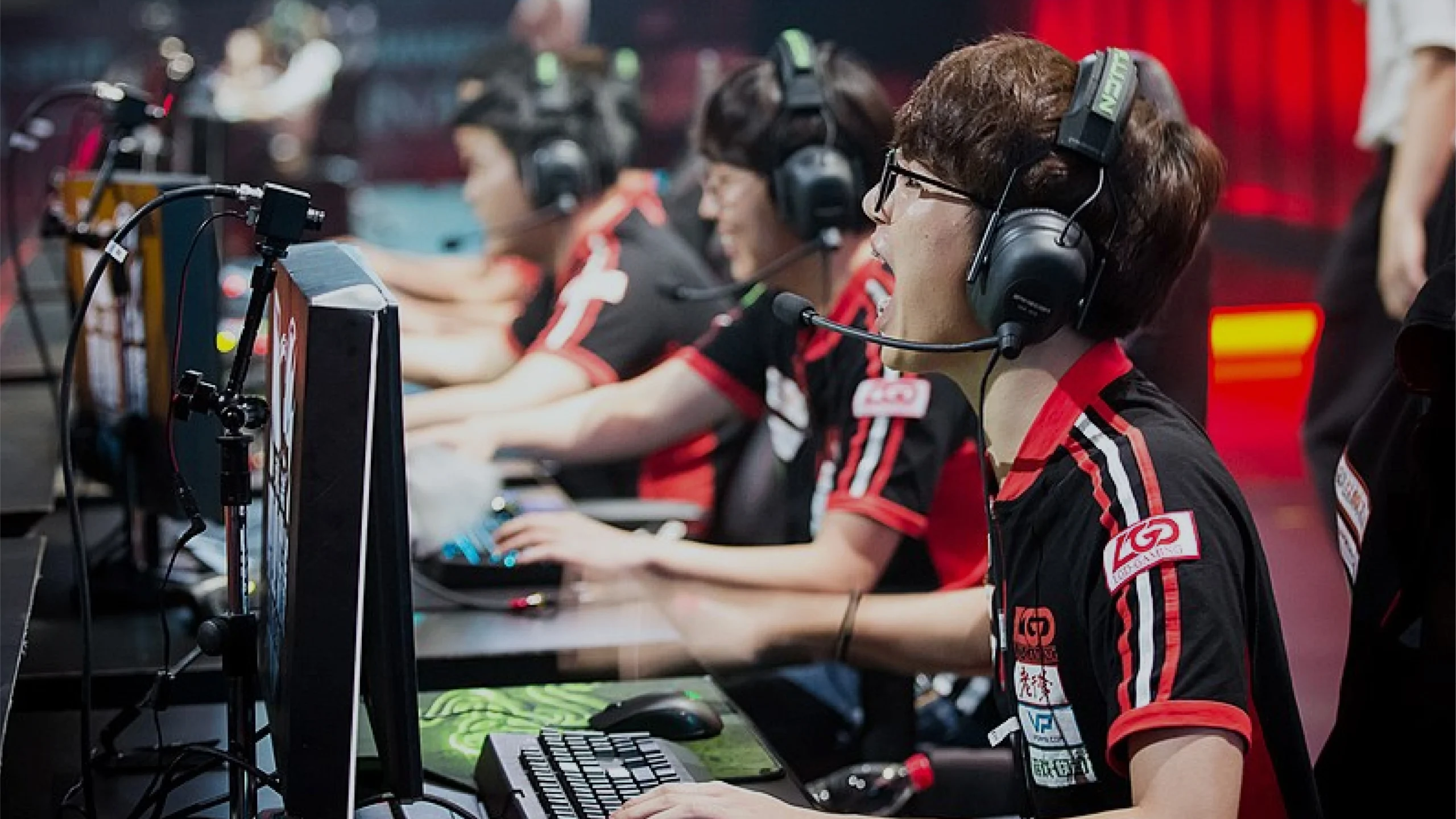
E-Sports in India
Introduction
The world of E-sports has seen a massive surge in gamer engagement and global recognition for many online games at different tournaments. The previous edition of the Asian Games introduced the concept of e-sports as a part of such international athletics and gaming tournaments. Still, in the recent Hangzhou Asian Games, the category of e-sports has been made a permanent sporting event in the Commonwealth Games. This year, India sent teams to compete in nearly six different E-Sports events in the recent edition of Commonwealth Games 2023. The world of e-sports is expected to drive a fortune of billions in the coming years and will impact developing countries such as India the most.
Esport in India: Recent Aspects
In India, E-sports has grown exponentially over the last few years. The online gaming industry across India was valued at around 135 billion Indian rupees in the year 2022, marking a leap from about 101 billion rupees in the previous year. The sector was expected to be worth over 231 billion Indian rupees by 2025, indicating a compound annual growth of around 19 percent. The Ministry of Sports Affairs has taken due cognisance of E-sports in India, and the same has been recognised as a sporting event. The ministry will look into the aspects related to sports and athletes, meanwhile, the Ministry of Electronics and Information Technology will look into the technical requirements, SOPs, safeguards and grievance redressal regarding issues/crimes on online gaming platforms. The beginning of the year 2023 saw the significant interest of the Government in the form of the Intermediary Guidelines for Online Gaming, establishing the first foundation stone of Indian cyber laws pertaining to online gaming.
The Indian government has also imposed a tax on any winnings via online gaming. Earlier, this argument was clouded by the ambiguity of classifying the games as “Game of Skill” or “Game of Luck”, but the policymakers have eradicated the same. Hence, all or any earnings on online gaming platforms will be taxed under GST (Goods and Services Tax) at a slab of 28%. This taxation is taken negatively by the gaming industry as they feel this will massively impact the earnings and will be a hindrance for companies to expand their operations and infrastructure in India.
Show Cause Notice of 1 Lakh Crores
In recent developments, the Directorate for GST under the government of India issued a notification as per which the new taxation laws will be applicable on gaming platforms from 1 October onwards; however, it has been seen that the majority of the platforms, like Dream 11, Gameskraft and Mobile Premier League (MPL) have been ignorant of the notification as they feel it is violative of the competition practices and will result in mass layoffs of professionals associated with the gaming industry. Over the last month, several online gaming companies, including Dream 11 and Gameskraft, have been issued show-cause notices for alleged short payment of taxes. Earlier this month, it was reported that more than 100 online gaming applications operating in India are under the scanner of the Directorate General of Goods and Services Tax Intelligence (DGGI) for alleged tax evasion to the tune of around ₹1 lakh crore.
A number of online gaming companies, such as Dream11 and Gameskraft, have allegedly received show-cause notifications for underpayment of taxes over the past month. A GST notice for underpayment of tax totalling ₹6,384 crores was sent to Delta Corp last week, bringing the company’s total tax demand to nearly ₹23,000 crores. In September of last year, GamesKraft received a show cause notice for suspected ₹21,000 crore in GST evasion. The finance minister made the decision to tax the entire amount of bets made on internet gaming sites with a Goods and Services Tax (GST) of 28%. The GST authority states that the changes to the integrated GST will require offshore online gambling platforms to register in India and pay taxes in compliance with Indian legislation.
Conclusion
As India steps deeper into the digital age, it becomes pertinent for the Government and policymakers to protect the digital interests, rights and responsibilities of the Indian Netizen by and large. As we see, the Intermediary guidelines and the GST notification have been issued to improve compliance by the tech companies in India. In pursuance of the guidelines and the GST rules, all non-India online gaming companies will be required to register themselves in India to be allowed to provide their services to Indian Netizens. As of now, the evolution of Indian Cyber Laws is underway, and once the Digital India Act is released, all ambiguities and confusions will be eradicated, thus creating a wholesome, sustainable, secure and safe Indian Digital Ecosystem.
References





FEEL FREE TO DROP US A LINE.